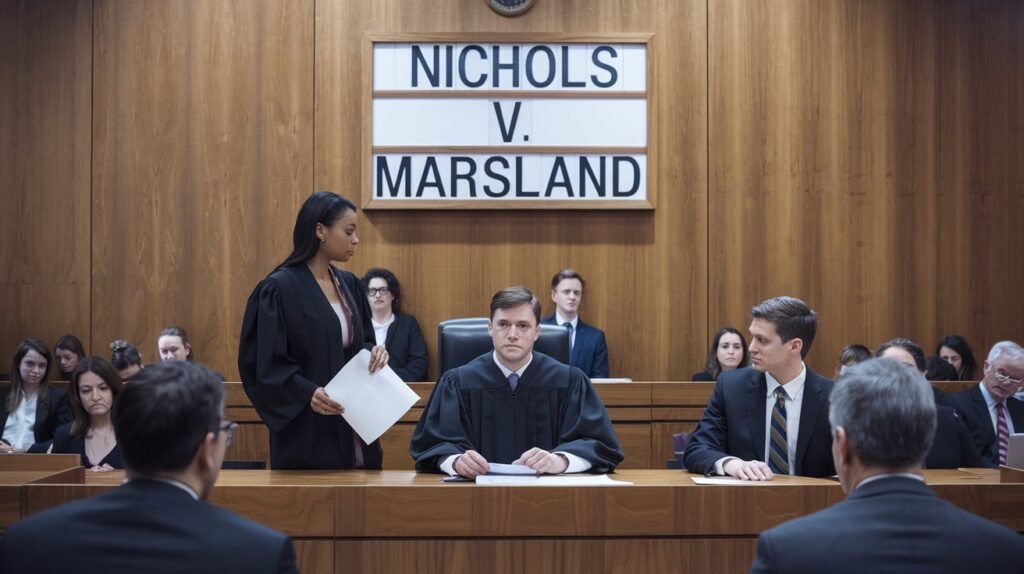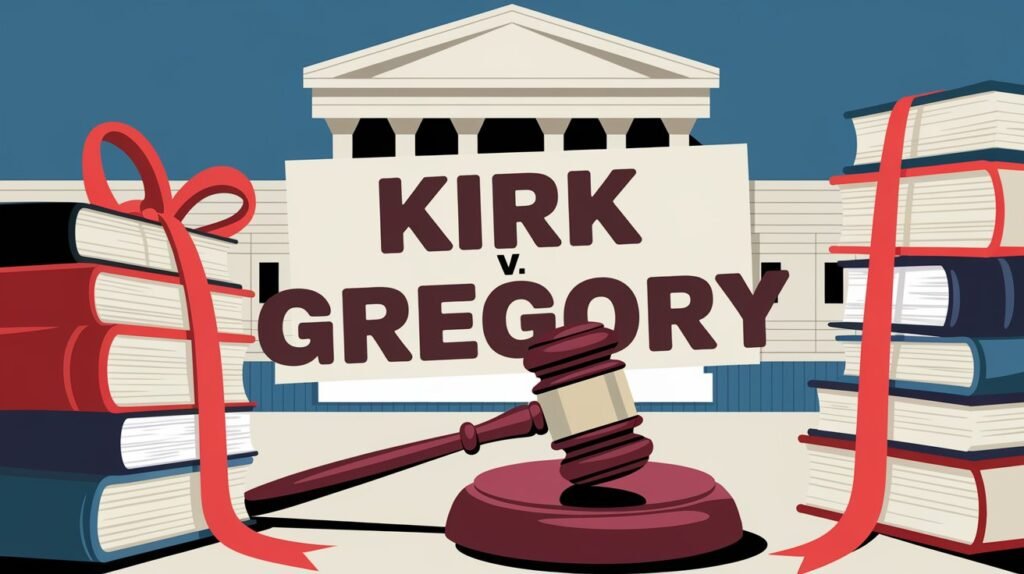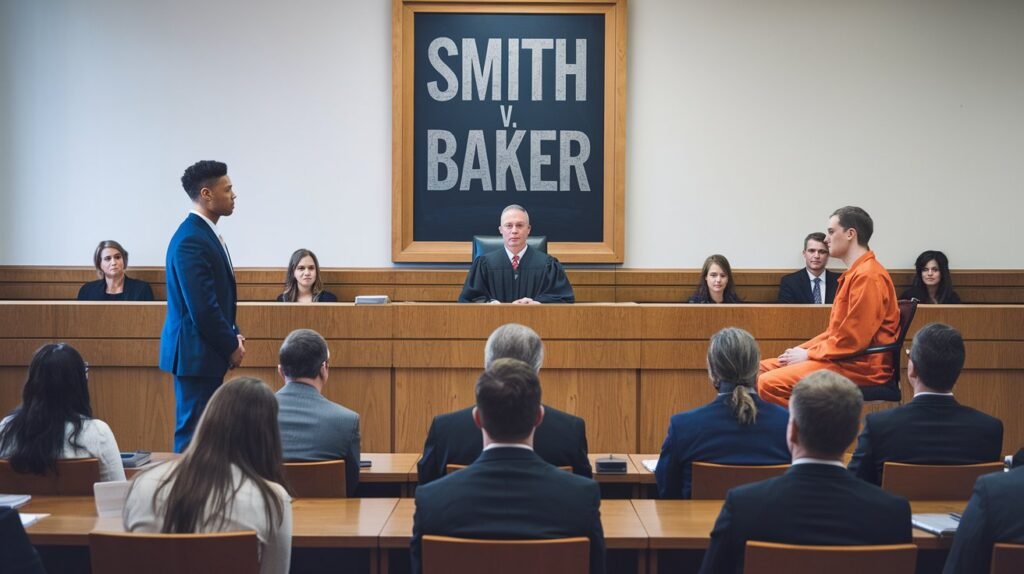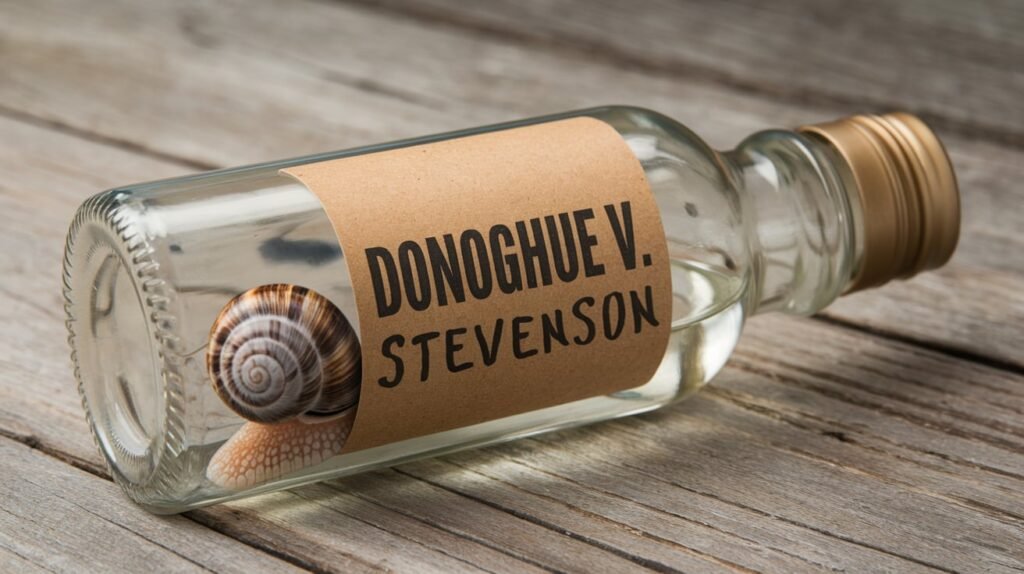Nichols V. Marsland 1876 (Case Summary)

This case established an important exception to the rule in Rylands v. Fletcher, highlighting that a defendant may not be held liable for damage caused by an act of God—natural forces so extraordinary and unforeseeable that no human foresight or prudence could prevent them.
Table of Contents
ToggleFacts of Nichols v Marsland
- The defendant, Marsland, owned a series of artificial lakes on their land.
- During an unprecedented and violent storm, the lakes overflowed, and the water escaped, causing significant damage to the plaintiff’s property downstream.
- The plaintiff, Nichols, sued Marsland under the rule in Rylands v. Fletcher, arguing that the escape of water constituted a non-natural use of land and rendered Marsland strictly liable.
Issues framed
- Whether the rule in Rylands v. Fletcher apply to damage caused by an extraordinary natural event?
- Whether an act of God is a valid defence against strict liability for damages?
Subordinate Court Judgment
The trial court held Marsland liable for the damages caused by the flood. The court reasoned that maintaining artificial lakes inherently carried a risk, and the defendant was responsible for any harm caused by their failure.
Judgment of Nichols v Marsland
The court evaluated the principles of Strict Liability and the Act of God defence.
The court held that the storm was an extraordinary and unforeseeable natural event, amounting to an act of God. It was noted that Marsland had taken reasonable care to prevent any escape of water under normal circumstances. The escape was not due to any negligence on Marsland’s part but solely due to the unprecedented natural forces.
The Court of Appeal overturned the lower court’s decision, ruling in favor of Marsland. An act of God, being extraordinary and unforeseeable, breaks the chain of causation and exempts the defendant from strict liability.





